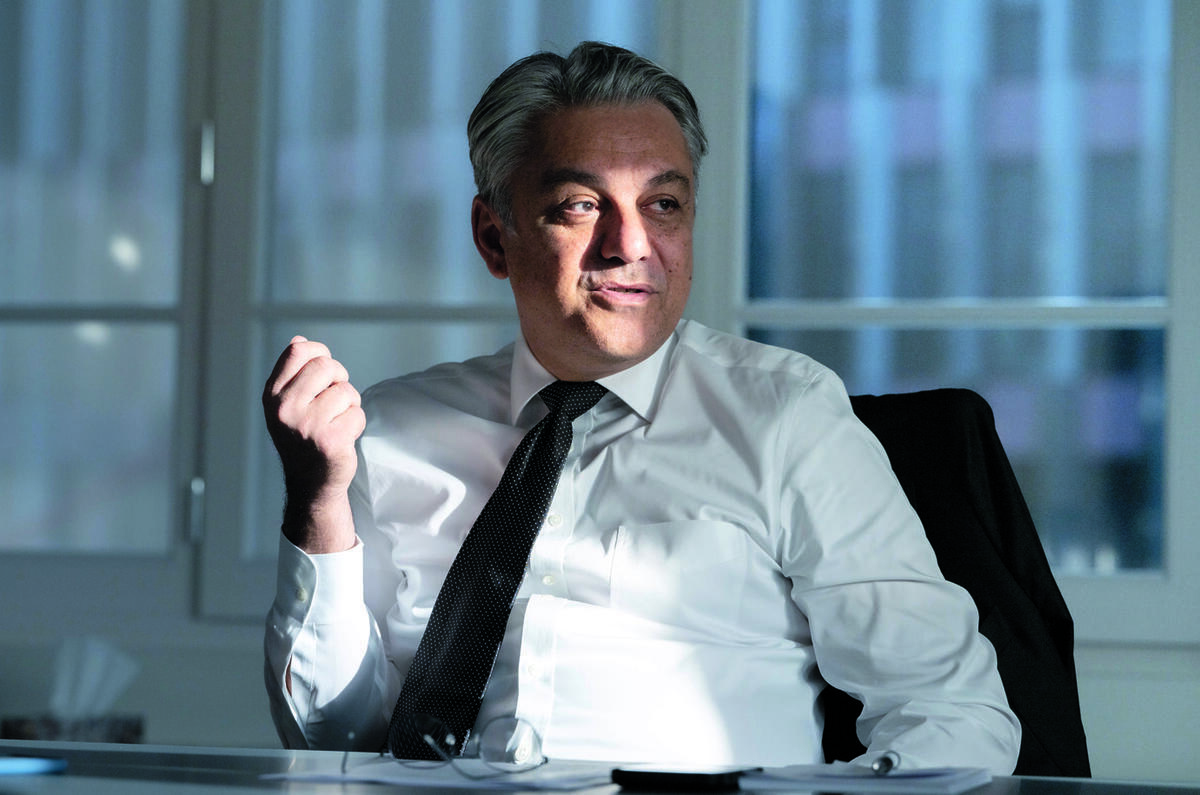The shock announcement of Renault Group CEO Luca de Meo's departure will have a profound effect internally and externally after he transformed a company driven to the brink of collapse by the Covid pandemic.
“Luca de Meo's departure is unequivocally a blow to Renault,” said Stephen Reitman, automotive analyst at the bank Bernstein, of de Meo’s decision to leave the industry altogether for the luxury goods world, specifically as head of Gucci owner Kering. “We are saddened by the loss,” he added.




Add your comment